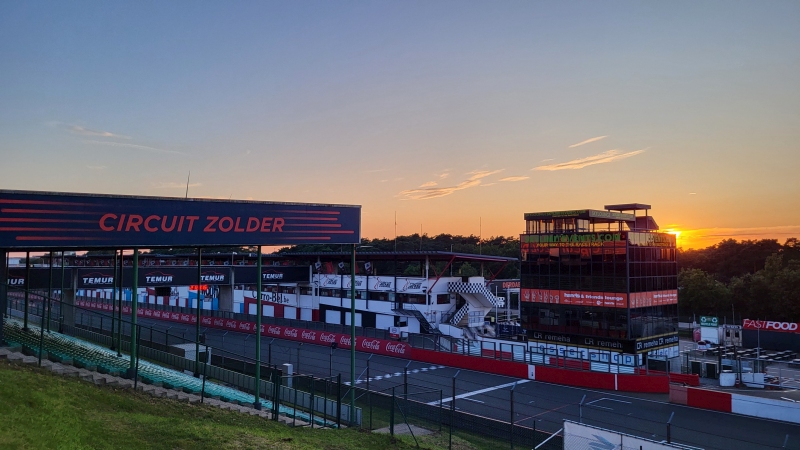The more I think about it, the more I sense that human beings play two different games on a daily basis.
The one that appears most often comes with a felt necessity to survive.
The other one can usually only be addressed when the sense of survival is not endangered. It appears through the desire to thrive or even experience transcendence.
As we are experiencing both on an ongoing basis it may seem to us that they are one. Maybe even, like a computer game, a game with different levels. Which invites the assumption that dealing with one enables the other.
But that’s not how it works. We find ourselves in a constant cycle of things appearing and disappearing. It makes the game of survival an underlying current that constantly starts all over. We wake up in the morning, choose to eat and drink, encounter other people, work, and come back to eating and eventually to sleep. It all serves survival.
In between there are moments in time when survival is not at stake. That is when nothing is happening that suddenly triggers our sense of survival and reminds us of our vulnerability. These moments, where the survival game is in the background, can serve our desire to thrive. They are more of a constant flow of things we engage in. We may or may not notice how they transform us. They are experiences that allow us to see the bigger picture, to appreciate the moment, or to learn something new.
The difference between both is in the intention but also the reward.
The game of survival is one that seeks to get rid of whatever discomfort appears to us. As humans, we are built to notice danger and prevent ourselves from being subject to the consequences of such danger. It’s a game that requires quick reactions, and that lets go of most of the long-term orientation. The reward is the discomfort that has disappeared.
The game of thriving seeks another type of reward. It knows that the discomfort that will frequently be experienced in the survival game may have to be welcomed. It is a game that builds on the friction and discomfort appearing in the moment. It sees them as an opportunity to learn and grow. The intention thus becomes to welcome the discomfort and use it to grow.
We need these two games to serve different objectives in our existing human condition.
Objectives that will even frequently contradict one another.
The task isn’t to solve either of them. It isn’t to win them either.
Winning one individually means losing on the other.
They can only be won together by finding our way of accepting them and the way they are interrelated in us.


